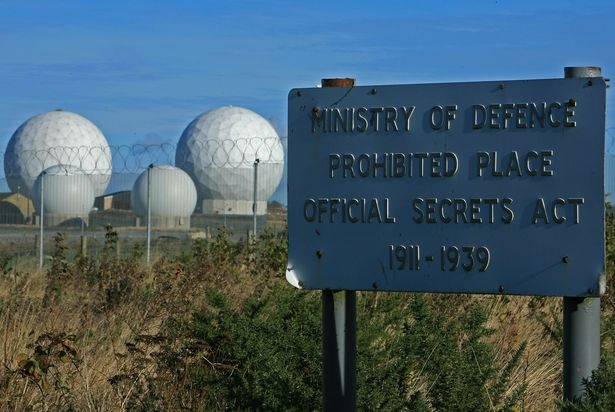I’m not a great believer in the ‘special relationship’, a concept that exists almost entirely in the mind of British journalists, especially during those occasional moments when the English-speaking nations have to bomb some awful former colony.
Americans and Brits have a generally positive view of each other—speaking the same language will do that—but American foreign policy does not have some special place for us, even during the rule of Anglophile presidents like Reagan; let alone that of ambivalent ones like Obama. America does have three special relationships: two emotional ones with Ireland and Israel, and a sado-masochistic political-financial one with Saudi Arabia.
Still, there is one area where the special relationship is real – spying. As the Washington Post revealed this week, America spies on everyone in the world, literally every country, with four exceptions – Australia, Canada, Great Britain and New Zealand.
Awkward, although the Anglo-Saxon world conspiracy is no secret or figment of the French imagination – the activities of the ‘Five Eyes’ have been known for at least a quarter of a century. The information-sharing dates back to the start of the Cold War but the countries significantly stepped up their activities after 9/11, and last year some European Union officials reacted with (understandable) anger after it was revealed that the Americans and Brits were in cahoots in spying on our European neighbours. I always wondered if the Yanks only want us to stay in the EU so we can report back to them about what’s going on in Brussels. Does the PM turn up with a special CIA-issue pen at meetings, I wonder, so that Langley gets to hear what insanity they’re proposing next?
It seems to me inevitable that the EU is heading towards a great schism, with a Franco-German inner core based around Charlemagne’s empire, and an outer region led by Britain, which may leave altogether to rejoin a European free trade area.
Although Bismarck famously predicted that the Americans speaking English would decide 20th century politics, the language of geopolitics is rarely commented upon; and the heart of inner Europe, the common Franco-German-speaking region, is as much a linguistic as political bloc. It may be no coincidence that the countries likely to join Britain in outer Europe – the Scandinavians – also have very high levels of English literacy (although Germany and the Netherlands also do). And part of the reason that Britain has always sat awkwardly in this club is that the ideals and politics of the EU – centrist, statist, regulatory – were thought up in French.







Comments